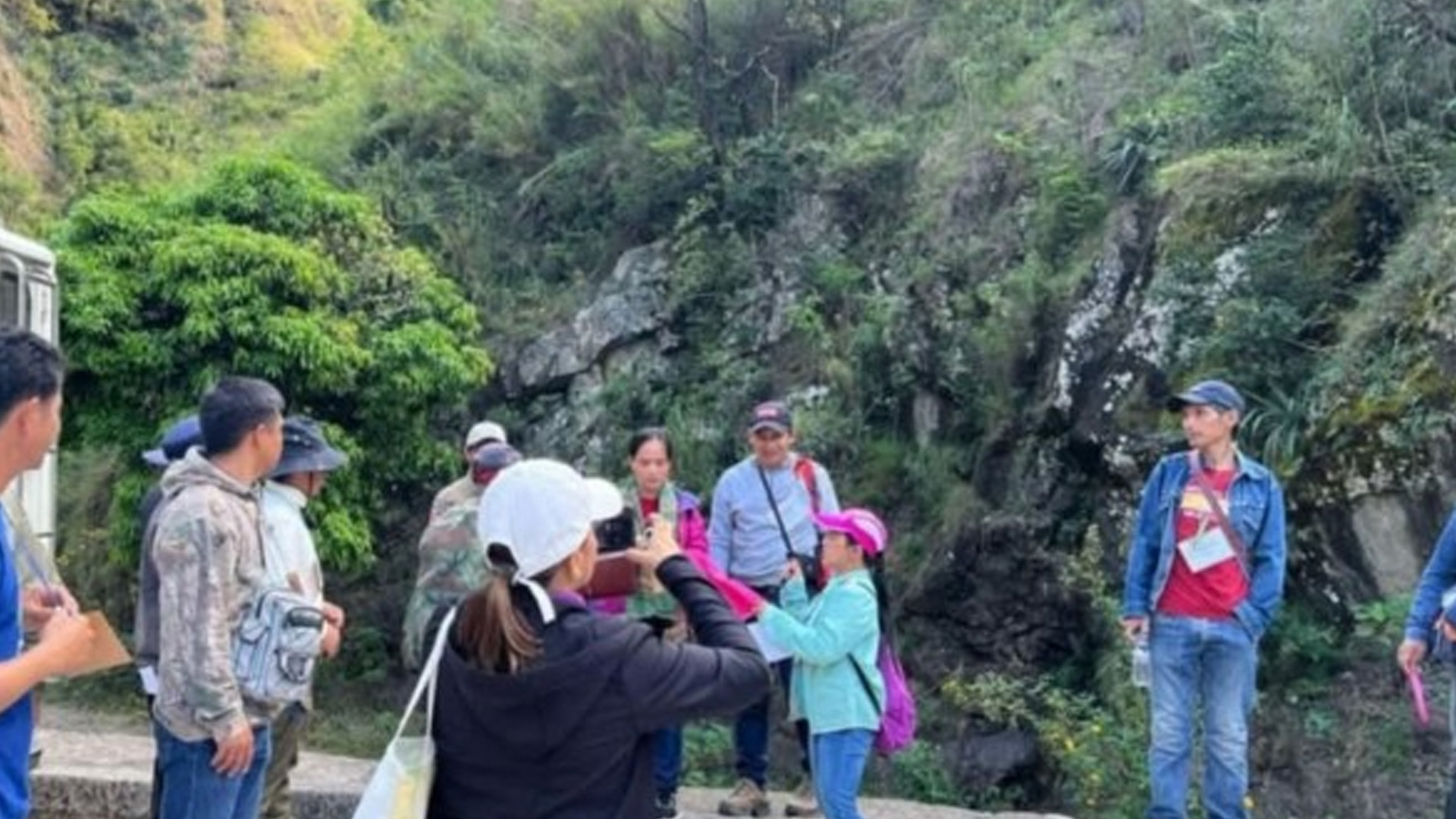Inter-agency efforts to invest in human capital helped sustain growth in the Cordillera Administrative Region (CAR).
Based on October 2024 data of the Philippine Statistics Authority-CAR, the region’s employment rate stood at 97.7 percent, higher than the national average of 96.1 percent, with services being the top employment generator.
Department of Tourism-Cordillera director Jovita Ganongan said tourism accounts for a big share on employment figures.
“With the high demand for human resources in the industry, we continue to assist stakeholders in upskilling and reskilling their personnel. We need to level up not just in terms of services provided by also in the skill of the workers so that they can have more chances as the industry grows,” she said.
Ganongan said the pandemic did not stop the industry from expanding since it was used by stakeholders to upgrade facilities and train workers on the “Filipino Brand of Service.”
She said over 20,000 workers received training in 2024 to help improve products and services.
“Tourism creates livelihood activities that generate jobs formally and informally,” she said.
Ganongan clarified that the trainings were not limited to those working in hotels and restaurants, but included taxi drivers, senior citizens intending to work as tour guides, and police officers.
“We need to know how to handle and assist the tourists so that they get a good experience in Baguio and the whole region,” she added.
The Technical Education and Skills Development Authority (TESDA) also joined the bandwagon with the provision of more scholarship on skills related to tourism using its PHP500 million allocation for CAR.
The trainings included those for food and beverage skills, bed-making, cookery, baking, housekeeping, front desk operation and services, organic agriculture production, coffee production, agro-entrepreneurship and weaving, among others.
More than 66,000 individuals from all the six provinces and two cities of the region — Abra, Apayao, Benguet, Ifugao, Kalinga, Mountain Province, and the cities of Tabuk and Baguio — availed of scholarships, the agency reported earlier.
TESDA-CAR reported that as of Nov. 30, 2024, it has registered a 91.94 percent certification rate of scholars.
The region has a about 1.3 million working age population, with around 64 percent belonging to the labor force.
Ganongan said Baguio City remained to have the largest share in tourist arrivals, but pointed out that they continue to promote other areas that offer different attractions like culture and arts, nature, and gastronomy.
The average weekly arrivals are between 20,000 and 30,000, with more than 70 percent during weekends. They can double to up to 60,000 during peak seasons like the Holy Week and Christmas season. (PNA)








